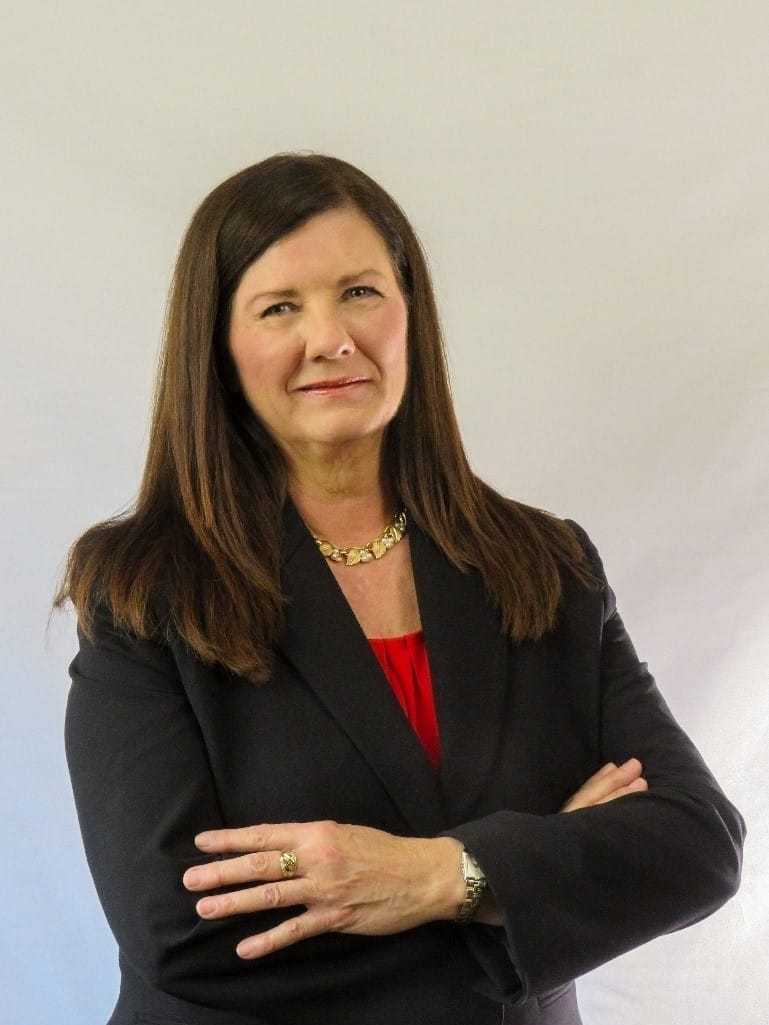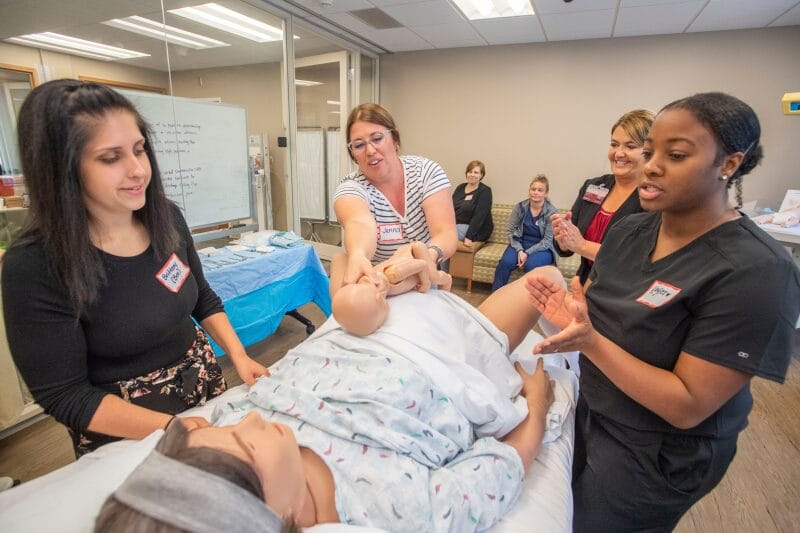Specialty Spotlight: Nurse Midwifery

Nurse midwives play a crucial role in women's health, combining a holistic approach to care with advanced clinical skills and a deep commitment to supporting women throughout their reproductive lives. Certified Nurse Midwives (CNMs) are highly trained healthcare professionals who provide comprehensive care to women across the lifespan, including general health check-ups, physical exams, prenatal care, labor and delivery support, postpartum care, gynecologic services, and menopausal symptoms. They also diagnose and treat sexually transmitted infections (STIs) and prescribe medications and treatments within their scope of practice in all 50 states and Washington, D.C. Certified Nurse Midwives (CNMs) are registered nurses with advanced education who hold either a Master of Science in Nursing (MSN) or a Doctor of Nursing Practice (DNP) in midwifery. After completing rigorous training and passing a national certification exam, CNMs are qualified to provide comprehensive sexual and reproductive healthcare from adolescence through all stages of a woman's life. In addition, they care for newborns during the first 28 days of life. CNMs practice in diverse settings, including hospitals, health centers, private practices, birth centers, and even homes, offering flexible and accessible care for women and their families. Nurse midwives blend their nursing background with advanced practice midwifery training to offer a unique perspective on patient care. Their holistic approach considers the physical, emotional, and social aspects of health, aligning with the philosophy of midwifery that emphasizes personalized, patient-centered care. CNMs are strong advocates for women's health and rights, promoting informed decision-making and providing culturally sensitive care tailored to each woman's needs.

- General Health Check-Ups & Physical Exams: Comprehensive assessments to monitor and maintain overall health.
- Prenatal, Labor, Birth, and Postpartum Care: Support for women throughout pregnancy, childbirth, and the post-birth period.
- Gynecologic Care: Including screenings, contraception counseling, menopausal, and management of reproductive health issues.
- Sexually Transmitted Infection (STI) Treatment: Diagnosis and treatment of STIs to ensure sexual health.
- Prescription Authority: CNMs can prescribe medications and treatments within their scope of practice in all 50 states and Washington, D.C.
UC's Nurse-Midwifery MSN program has educated nurse midwives for over 20 years. The fully online program requires 1 remote clinical skills intensive and one on-campus visit for a clinical skills intensive, where students learn hands-on skills needed for gynecologic exams and attending births, including how to manage birth complications such as shoulder dystocia and postpartum hemorrhage through simulation.

Why did you decide to become a certified nurse-midwife?
EL: I have known since I was a young girl that I wanted to work in women’s health. Although I originally thought I would be an OB/GYN, I went to nursing school with a plan to work as a labor and delivery RN. After graduation, I experienced my first delivery with a nurse-midwife and it was unlike anything I had seen prior: The experience was so natural and showed me respect, patience and empowerment. I thought “all women deserve this.” TB: I am a mother and a nurse, and my husband is a neonatologist, so our lives are consumed with health. I am also a CrossFit coach and feel that it is my calling to not only serve women but also be a voice and advocate for them. The standard American diet and lack of proper education on health and wellness have left mothers and children at risk for all sorts of diseases and I felt a strong calling to be a part of that change. Also, my experience with hospital births drove me to educate women on having a healthy pregnancy and a supported birth experience. LH: After 14 years in high-risk labor and delivery, I became a nurse midwife because I was deeply drawn to the personal connections formed with women during such a pivotal time in their lives. Guiding and supporting them through pregnancy, birth, and beyond was incredibly rewarding, and I wanted to continue making a meaningful difference in their health and well-being.
In what type of community and setting do you practice?
EL: I practice in an urban community, but we see women who travel from rural areas to receive care at the practice. TB: My practice is around 50/50 private insurance to low socioeconomics. In the wide array of patients I see, I have noticed that many of the women in our community struggle with obesity and metabolic disease. LH: I have practiced in 2 large nurse midwifery practices in academic healthcare facilities and hospital settings, rural community hospitals, and community health centers with very diverse patient populations.
How did the midwifery skills intensives at the College of Nursing contribute to your preparation as a midwife?
EL: It is important to learn in an environment where you feel comfortable asking questions and simulating skills, so you feel prepared when in the clinical setting. Prior to the intensives, I had not seen many of the required midwifery skills in person and had no idea how they were performed. The intensives – one of the most beneficial aspects of the program – made me confident in performing the skills with guidance from my preceptor during my clinical rotation. TB: The clinical intensives prepared me for all the procedures and hands-on work midwives do. It also served as a team builder, as I met classmates whom I still call friends and sister midwives. We follow each other’s endeavors, collaborate and network, even five years later. LH: When I attended the nurse midwifery program, we had very limited formal clinical skills prior to the practicum course. We performed speculum exams on volunteers and limited microscopy for vaginitis. I learned to suture an episiotomy on a molded perineum model and foam. The program at UC now has two well-structured and evidence-based clinical skills intensives; CSI-1 is remote, and CSI-2 is onsite.